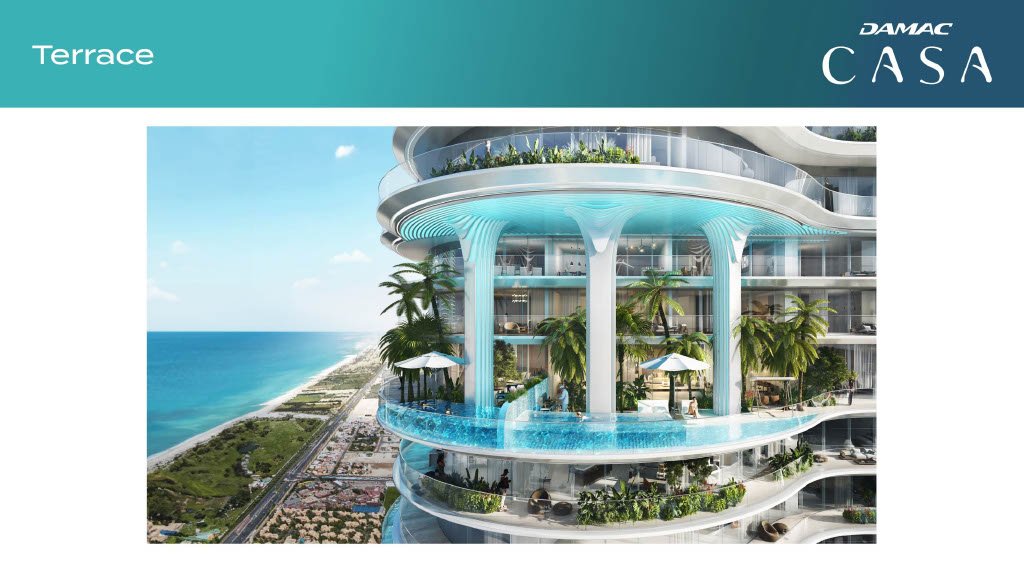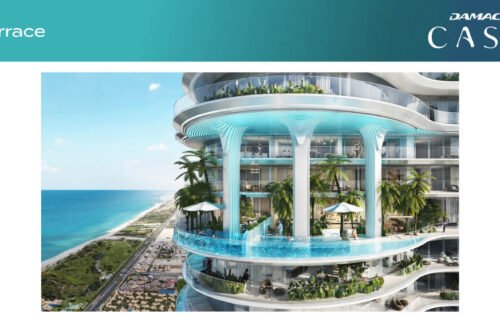Understanding why some homes sell within days while others linger on the market for months requires more than a surface-level analysis. Beneath the pricing strategies and staging efforts lies the powerful influence of human psychology. Buyers and sellers alike are guided by emotions, perceptions, and cognitive biases that significantly affect real estate transactions. By uncovering these psychological factors, sellers can better position their homes for quicker sales, and buyers can make more informed decisions.
First Impressions and the Power of Curb Appeal
The age-old adage “first impressions matter” holds undeniable weight in the property market. Psychologically, buyers form an initial opinion about a property within the first 7 to 10 seconds of seeing it. This phenomenon, known as the halo effect, leads buyers to base their overall judgment of a home on its initial appearance. A well-maintained garden, freshly painted exteriors, and inviting entranceways can create a positive emotional response, making buyers more receptive to exploring further.
Conversely, a neglected exterior often triggers negative assumptions about the property’s condition, regardless of its interior quality. For sellers aiming to accelerate sales, investing time and resources into curb appeal is not just a cosmetic enhancement—it’s a psychological strategy.
Emotional Attachment and Pricing Decisions
One of the most overlooked psychological factors behind slow home sales is the seller’s emotional attachment to the property. When homeowners overvalue their property due to sentimental reasons, they often set unrealistic prices. This emotional pricing deters potential buyers who rely heavily on market data and objective comparisons.
Sellers should approach pricing with a balanced mindset, ideally consulting with a seasoned Real Estate Agent in Dubai to assess the property’s true market value. Professional agents bring market expertise and emotional neutrality, helping sellers avoid pricing pitfalls that result in prolonged listings.
The Scarcity Effect and Urgency Creation
In behavioral economics, the scarcity effect describes how people place higher value on items perceived as scarce or limited. This principle directly applies to real estate, where homes labeled as “just listed” or “limited availability” tend to attract faster interest. When buyers perceive that a property may be sold quickly, it triggers a sense of urgency, compelling them to make faster decisions.
Marketing strategies that emphasize exclusivity and limited-time offers can effectively leverage this psychological trigger. However, it’s crucial to maintain honesty and transparency, as misrepresenting availability can erode trust and damage long-term credibility.
The Role of Social Proof in Buyer Confidence
Humans are inherently social beings who often look to others when making decisions. This is why social proof—the idea that people follow the actions of others—plays a significant role in home sales. Properties that display signs of high interest, such as multiple viewings or pending offers, naturally appear more desirable to prospective buyers.
Sellers can harness this effect by encouraging open houses and showcasing testimonials from satisfied previous buyers or tenants. In markets like Dubai, where property investments are a significant financial commitment, visible buyer interest serves as a psychological reassurance of value.
Decision Fatigue and Simplifying Choices
Modern buyers are overwhelmed with options, especially when exploring Properties for sale in Dubai. With hundreds of listings to sift through, decision fatigue often sets in, making it harder for buyers to make timely choices.
Sellers can counteract this by ensuring their property listings are clear, concise, and visually engaging. High-quality photos, virtual tours, and succinct descriptions reduce cognitive load, making it easier for buyers to process information and take decisive action. Simplifying the buying process through transparent communication and well-organized documentation can also minimize buyer hesitation.
Loss Aversion and Buyer Reluctance
Psychological research shows that people fear losses more than they value equivalent gains—a concept known as loss aversion. In real estate, this translates to buyers hesitating to make offers because they fear overpaying or making a poor investment.
To overcome this barrier, sellers and agents must present the property’s long-term value clearly. Highlighting investment potential, future neighborhood developments, and comparable sales can reassure buyers that they are making a sound decision. Collaborating with an experienced Property dealer in Dubai can further help navigate buyer objections with fact-based strategies that mitigate fear-driven reluctance.
Anchoring Bias and Price Perception
The first price a buyer sees often becomes an “anchor” that shapes their perception of a property’s value. Even if a price reduction occurs later, the initial figure tends to linger in the buyer’s mind. This is why correctly pricing a property from the outset is critical. Overpricing not only deters early interest but also sets an unrealistic reference point that skews future negotiations.
To combat this, sellers should research comparable properties and understand prevailing market trends before setting an initial price. A well-informed price strategy ensures the property enters the market competitively, capturing buyer interest without the need for multiple price corrections.
Conclusion
The psychology behind fast and slow home sales is a complex interplay of emotional triggers, cognitive biases, and behavioral economics. Sellers who understand these dynamics—and apply them thoughtfully—can significantly improve their chances of a swift and successful transaction. By prioritizing presentation, realistic pricing, and strategic marketing, and by working closely with professionals who understand market psychology, the path to a faster sale becomes much clearer.




